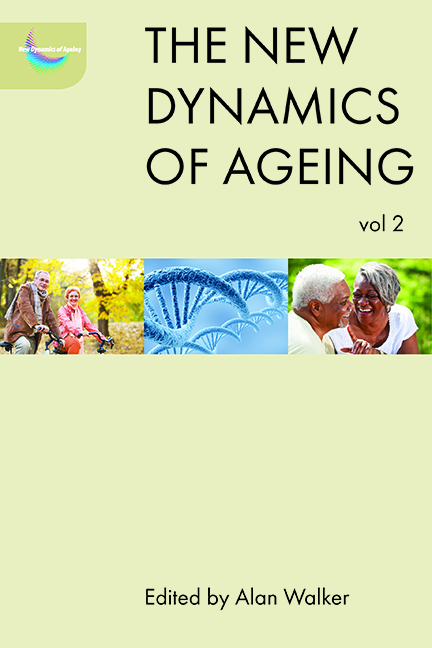ten - Combating malnutrition in hospitals
Published online by Cambridge University Press: 13 April 2022
Summary
Introduction
According to Age UK, over 3 million people across the UK are either malnourished or at risk of malnourishment, of which over 1 million are over the age of 65 (Age UK, 2017). Over 30 per cent of adults are malnourished on admission to hospital, increasing hospital stay, risk of complications and likelihood of being discharged into care (BAPEN, 2003; Stratton et al, 2004; Age Concern, 2006; Brotherton et al, 2010; Elia, 2015). Malnutrition in people aged 65 and older costs healthcare in England almost £10 billion per year (Elia, 2015). Age UK highlighted the problem of impractical eating environments for many older patients, and made seven recommendations to tackle malnutrition in older hospital patients, which focus on assistance at mealtimes and identification of patients at nutritional risk.
The Better Hospital Food programme launched in 2001 was successful in improving the quality of hospital food, although it did not specifically address older patients’ needs, for example, reduced sensory perception, smaller appetites and in some instances, eating difficulties. Approximately 12 per cent of older hospital patients have intermittent swallowing difficulty, which is of concern as the sensorial quality of foods for such patients is poor and does little to stimulate the appetite of those at particular nutrition risk.
The Department of Health (DH) and National Health Service (NHS) devised a Joint Action Plan for improving nutritional care in hospitals with five priorities for action: raising awareness of the link between good nutrition and health; ensuring accessible guidance; encouraging nutritional screening; nutrition training; and improving standards of inspection (DH, 2007). The DH Dignity in Care campaign (DH, 2006) recognised that delivering adequate food is ‘a fundamental human right’ and stressed the need for maintaining dignity and providing older people with the assistance they require at mealtimes. The Care Quality Commission's Dignity and Nutrition Inspection Programme highlighted concerns over nutritional care, including patients not being given the help they needed to eat, meaning that they struggled to eat or were physically unable to eat meals; patients being interrupted during meals, meaning they could not finish their meal; accurate records of food and drink not being kept so progress was not monitored; and many patients were not able to clean their hands before meals.
- Type
- Chapter
- Information
- The New Dynamics of Ageing Volume 2 , pp. 177 - 196Publisher: Bristol University PressPrint publication year: 2018

